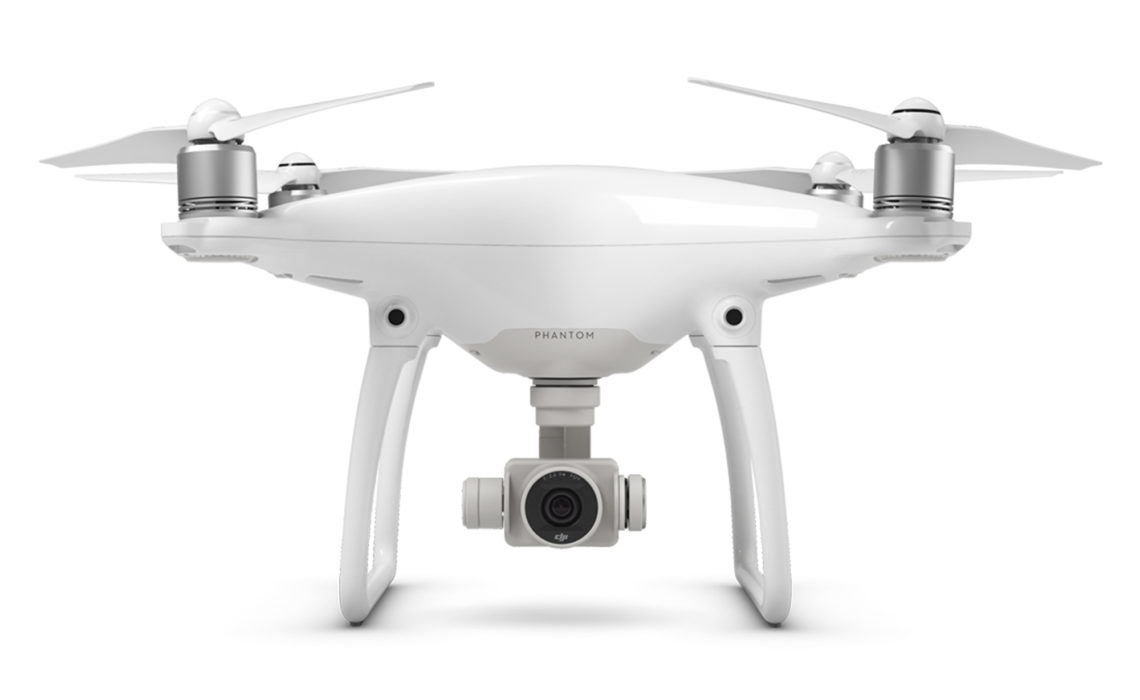
You might also like:
The European Commission has adopted common EU-wide rules setting technical requirements for drones.
They will set features and capabilities that drones must have in order to be flown safely and, at the same time, help foster investment and innovation in this promising sector.
The EU rules build on national rules that were in place and now provide a harmonised framework across the European Union.
EU commissioner for transport, Violeta Bulc, said: “Today’s decision is vital for the further development of the European drone sector.
“We wholeheartedly support the development of these new technologies and services, which are essential for the digitalisation and decarbonisation of the European economy.
“However, above all, we have to ensure that they are safe for other airspace users and people on the ground.
“The rules adopted today are a first building block for a comprehensive set of rules, which will ensure safe, secure and green drone operations throughout the European Union.”
The move was supported by the European Regional Airlines Association.
With drone-related incidents around airports having continued to rise in recent years, the organisation said it believes the introduction of new common regulations will go a long way in helping drone operators, whether professional or recreational, to have a clear understanding of what is and what is not allowed.
Equally, it is positive that the regulations – the Commission Delegated Regulation (EU) 2019/945 and Commission Implementing Regulation (EU) 2019/947 – will support the registration and therefore identification of drones, helping to prevent situations similar to that at London Gatwick airport in December 2018 and ultimately mitigate the risk of safety and security incidents.
Montserrat Barriga, director general, ERA, said: “ERA has openly called for more robust and harmonised EU-wide safety regulations in the past and this new common set of rules is a great step forward for Europe in ensuring safe and secure skies for all member states.
“As the first region in the world to have a comprehensive set of rules, we can be proud of the unity and strength this represents.”
The rules are based on an assessment of the risk of operation, and strike a balance between the obligations of drone manufacturers and operators in terms of safety, respect for privacy, the environment, protection against noise, and security.
For example, new drones will have to be individually identifiable, allowing the authorities to trace a particular drone if necessary.
In addition to the technical requirements for drones adopted today, the commission intends to adopt provisions covering the operation of drones.
The rules will cover each operation type, from those not requiring prior permission, to those involving certified aircraft and operators, as well as minimum remote pilot training requirements.
Source: breakingtravelnews.com



